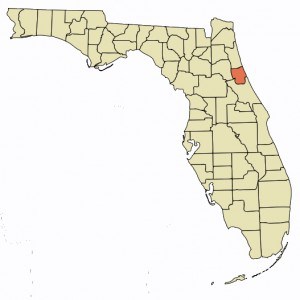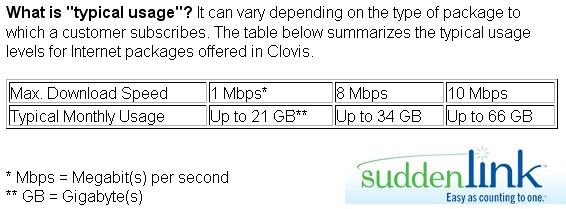Rottenchester, a Stop the Cap! regular reader, discovered an impenetrable recipe for comprehension disaster in an online essay entitled, The Government, Road Runner, and David Letterman: A Farce in Three Acts. Written by Susan Edelman, who has a Ph.D. in Economics from Stanford University and was an economist at the Federal Communications Commission (FCC) and the Department of Defense, the essay remarkably tries to present a broader point about government involvement in broadband, Road Runner Internet Overcharging, outrage at David Letterman for his comments about Sarah Palin, and government intrusion in our lives.
It’s a taffy pull thesis I don’t have the courage to attempt, and I was left completely mystified about what the takeaway message was.
WHAT IT ALL COMES DOWN TO, AND ARE YOU SURE YOU WANT THIS?
The assertion that Americans having a right to reasonably priced Broadband service. This might be a good idea, and is in accord with the treatment of other types of transmission lines. But do not kid yourself: this would be the creation of another government-enforced right. Only government can create and enforce rights. But isn’t government incompetent? And doesn’t private business do everything right without government meddling?. (And while you are thinking about this, keep in mind that all Americans do not have the right to reasonably priced health care. )
Edelman rapidly risks losing her argument by default, because most readers are likely not to understand it. Having been involved in the Road Runner Affair since it began in April, she has lost me, and I have lived and breathed this issue for months. One potential interpretation of her argument might be is the apparent irony of many conservative Rochester residents calling out the Obama Administration in the pages of the local newspaper with reflexive government=bad and free market=good arguments. Perhaps in her eyes, many of these same people called out in those same pages for regulatory government relief from abusive broadband pricing.
If so, two points:
1) I honestly believe most people will not ponder her piece long enough to ferret out a takeaway message.
2) There is no evidence the “free marketeers” were the ones reacting with outrage over Time Warner Cable’s experiment gone wild (and then shelved for now.) In fact, as soon as Senator Charles Schumer (D-NY) got involved, the editorial feedback pages in the local media from conservatives, along with some local conservative talk radio, rapidly turned the issue of Internet Overcharging into a Senator Schumer Bashing Party. I have no doubt some of those not closely following the issue automatically adopted the opposite position Schumer had just because of their passionate dislike of him.
Most consumers, in my experience, rightly treated this issue as above the usual right-left tug of war. That’s because overcharging for broadband isn’t a right or left issue. It’s a consumer issue. The conservative thinkers appreciate the strong push towards forcing additional competition in the marketplace. Those with a politically liberal philosophy aren’t opposed to competition, but want the extra security of government oversight and/or regulation where competition does not exist.
It’s my personal view that telecommunications policy is complex enough without dragging David Letterman and Sarah Palin into it.


 Subscribe
Subscribe




